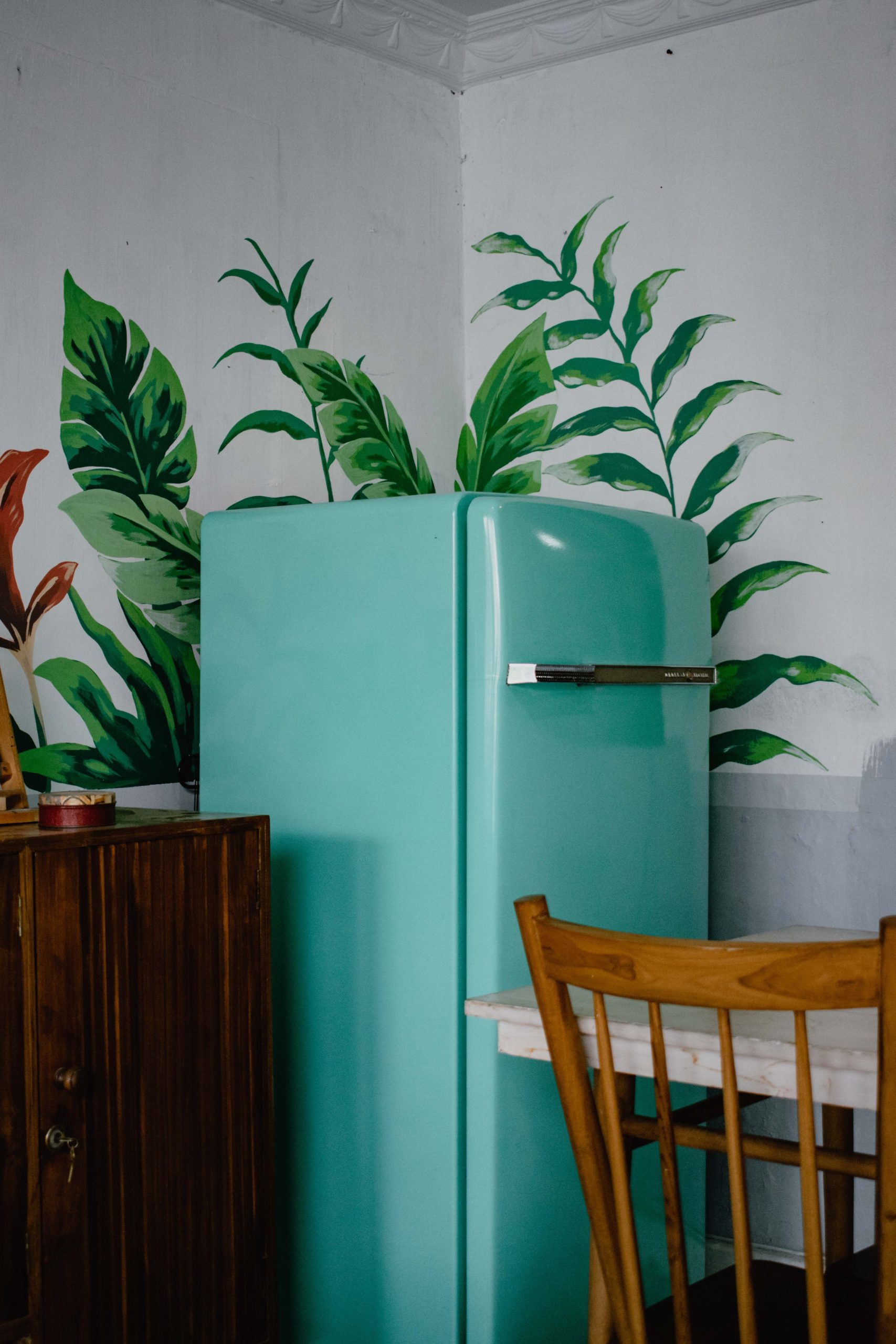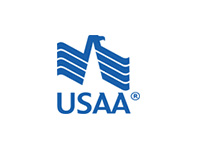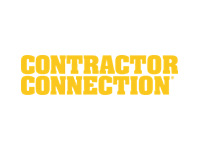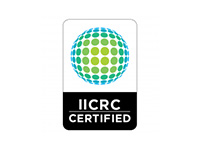Black mold is a sinister household beast that seems to work its way into the crevices of homes and buildings. While you may think to look for it in your bathroom, you may not suspect your refrigerator harbors this dangerous mold.
Finding any mold on your refrigerator is a cause for concern and must be dealt with appropriately.
Wondering if you’ve spotted black mold on your fridge?
Learn whether this is possible, why it’s so dangerous, and how to treat and prevent it from coming back in this article.
Can You Get Black Mold in Your Refrigerator?
You can certainly get black mold in your refrigerator. Black mold can develop with the right mix of steady moisture, minimal air movement, and consistent darkness. A refrigerator offers all of these elements in a perfect storm, making it a likely place to find this nasty growth.
Mold spreads through both surface contact and the air, and spores are just about everywhere. The most common type of mold you’ll find in a refrigerator is food mold that forms on produce, cured meats, and cheeses. You can often cut away molds on meats and cheese, and the rest of the food is still salvageable, while other molds mean you should toss out the products.
Rotting, molded foods kept in the fridge can spread throughout the appliance as the air circulates and spores transfer to a metal or plastic surface.
Another thing to remember is that the refrigerator spends most of its time closed and dark. We think of it as open and bright, but that’s only how it appears when we access it. Its air-tight seals and dark interior also create the perfect environment for growing black mold.
All of these components can lead to black mold in your fridge, and it can continue to grow if left untreated. Finding this in a fridge is concerning, as it may have contaminated other products through the air.
If you spot black mold, you may want to clean out your fridge and refill it with new items once treated.
Is Black Mold in Refrigerators Dangerous?
Black mold refers to the specific strain of Stachybotrys chartarum, which can generate toxic compounds known as mycotoxins. These toxins pose serious health risks for humans and animals that breathe or touch the spores.
However, many people use the term to refer to toxic mold in general. Any mold can cause health issues if not treated quickly. However, black mold is a cause of particular concern, especially in a home with children or those with lung problems for whom it can be deadly.
Black mold is either black or greenish and tends to grow on porous surfaces such as paper, wood, and cotton, though it can also grow on non-porous surfaces. It creates mycotoxins, a real danger to those with allergies, asthma, and other hypersensitivities to fungi.
Symptoms of exposure to black mold, whether in a refrigerator or elsewhere, include:
- Coughing
- Sneezing
- Itchy eyes and nose
- Nasal congestion and postnasal drip
- Dry, itchy skin
It may also trigger an asthma attack.
Black mold in a refrigerator is hazardous because there is a higher risk that someone will consume it. It’s important not to eat any foods potentially exposed to its spores.
How to Get Rid of Black Mold in the Refrigerator
If you suspect it might be growing in your refrigerator, your best bet is to clean it thoroughly before eating any food in it.
1. Gather Supplies
First, you’ll want to gather personal protective equipment:
- Gloves
- A mask to protect yourself
- A large plastic sheet to block off the area where you’ll be cleaning
- An air filter to capture any airborne spores
You’ll also need the proper cleaning solution, a sponge, and perhaps a scrub brush.
2. Clear the Fridge
Next, clear the fridge of all food items, and throw away anything with mold growing on it or anything unsealed that may have become exposed. Clean and store everything else in a cooler while you clean the fridge.
Remove all shelves and drawers to provide as much access to the frame of the refrigerator as possible.
3. Use a Strong Cleaning Solution
Using a strong cleaning solution, like a bleach and water solution, scrub the entire fridge, including the small cracks and crevices like in the plastic door lining.
4. Scrub, Scrub, and Scrub Some More
Scrub the refrigerator from top to bottom, including all of the shelves and drawers. If you can, leave it empty for a day or so, so the bleach can begin to circulate into the air of the refrigerator and de-contaminate the areas you may not be able to reach.
5. Rinse and Thoroughly Dry
Then, rinse the refrigerator with water to remove any lingering bleach residue. Finally, you want to thoroughly dry the refrigerator to eliminate any moisture, which can promote re-growth.
How to Prevent Black Mold in Refrigerators
Once you’ve treated the issue in your refrigerator, use these strategies to prevent it from coming back again.
Inspect Your Fridge System
The issue may tie back to a problem with your fridge, so check to see the system is working properly and not causing unnecessary condensation.
Keep an Eye on Fruits and Vegetables
Fruits and veggies are most likely to rot, so keep an eye on them and toss them as they start to go bad.
Use Coverings on Food
Always use coverings on food, like aluminum foil, plastic wrap, or Tupperware containers to prevent the airborne spread of spores.
Clean Regularly
Get in the habit of cleaning your fridge out once a month to nip any mold growth in the bud.
Toss Expired Items
Check and toss out expired items, which can develop mold that may transfer to other foods.
Conclusion
Dealing with black mold on your refrigerator is an unfortunate circumstance to find yourself in, and it’s essential to properly clean it out to keep your food (and family) safe.
If you’re struggling to manage black mold growth in your fridge after trying to treat it on your own, contact the experts at IDC Fire and Water for professional mold removal.













